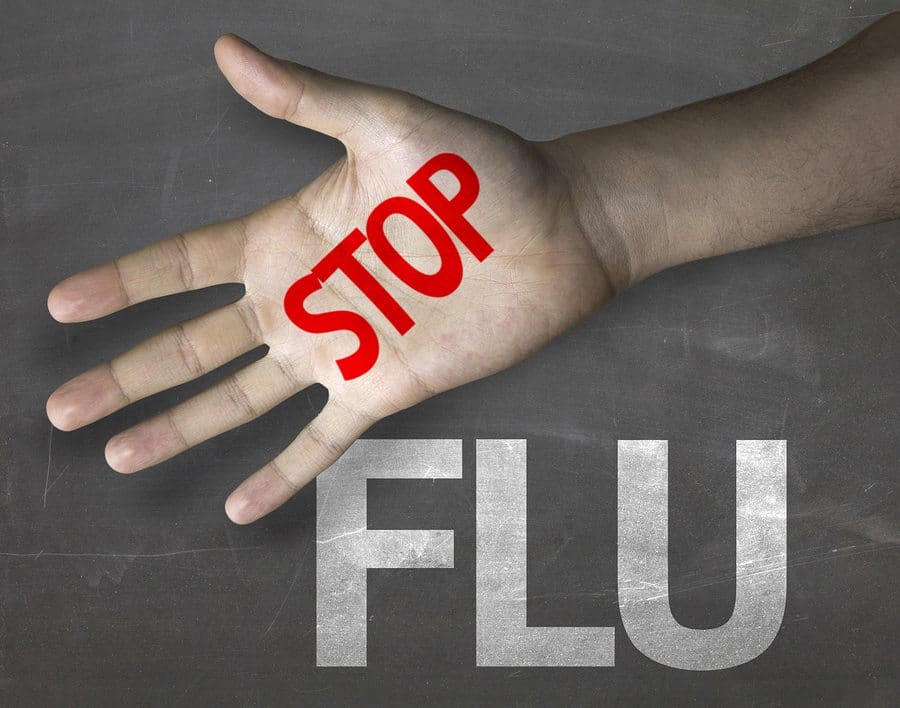Flu Shot Myths

To say the flu—a contagious respiratory illness caused by influenza viruses—is nasty would be an understatement. Whether the variety in circulation results in a mildly stuffy nose and sore throat or a severe cough and fever, it’s not something you want circulating in your workplace. Fortunately, it’s possible to avoid it.
According to the Centers for Disease Control and Prevention (CDC), the best way to prevent the flu is with an annual flu shot. While healthcare providers around the nation offer the vaccines at very low cost (and sometimes even free), a number of myths may be causing your employees to reject this vital preventative measure. Consider the following beliefs and information you can use to re-educate your workers.
Myth: You can catch the flu from a flu shot. This myth is scientifically unfounded. Pharmaceutical manufacturers create the vaccine from inactive flu viruses—and sometimes without any flu viruses at all. If your employees claim they’ve contracted the flu from a vaccination before, they were probably exposed to the virus before receiving their shot or became ill from a virus that was not the flu.
Myth: You only need a flu shot every few years. Unfortunately, this is also untrue. Viruses mutate frequently, and each year manufacturers formulate the vaccine to address the most recent strains. As a result, the CDC recommends that everyone over the age of six months schedule a flu vaccine every season.
Myth: You don’t need to get a flu shot if you’re healthy. Your workers may eat right, run 30 miles a week and get plenty of sleep every night, but they can still come down with the flu. While older people, young children, pregnant women and individuals with other health conditions are at especially high risk, the virus can make anyone sick. Plus, if one of your unvaccinated employees catches it, they might spread it to someone who is in greater danger of complications.
Myth: Side effects from a flu shot can kill you. According to the CDC, life-threatening allergic reactions to the flu vaccine are extremely rare. If one of your employees is allergic to eggs, she may have a valid reason for skipping the shot (vaccines usually include virus cells grown in hens’ eggs). Any workers who have had previous allergic reactions to flu vaccines should also talk to their doctor before getting the flu shot. For the rest, the vaccine is likely to be perfectly safe.
Myth: The flu isn’t dangerous so I don’t need to worry about it. Flu viruses are rather unpredictable. One season they may cause only mild illness and then kill hundreds of people the next. According to the CDC, between 1976 and 2006, estimates of flu-associated deaths in the U.S. range from 3,000 to 49,000 people. Let your workers know that even if the flu doesn’t kill them, they’re still likely to miss work, have to use valuable sick time, and suffer the stress of getting caught up after their return.
An educated workforce can be a flu-free workforce. If you’d like additional information on talking to your staff about the flu vaccine, want assistance setting up a vaccination clinic at your workplace, or have questions about whether your employer-sponsored health insurance plan covers the vaccine, give me a call today.
